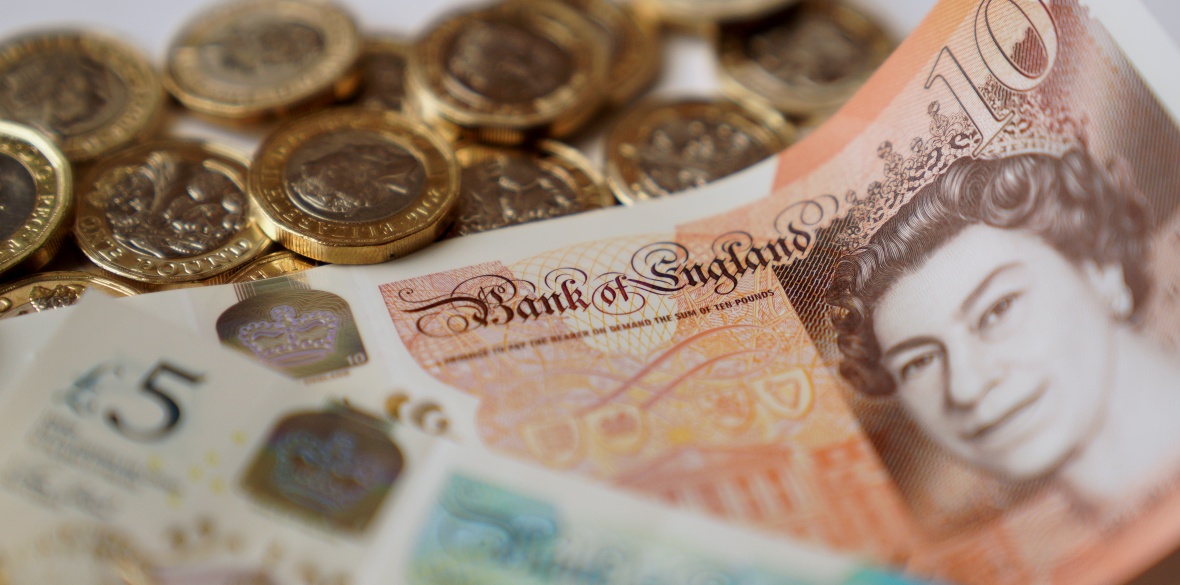This is the last article you can read this month
You can read more article this month
You can read more articles this month
Sorry your limit is up for this month
Reset on:
Please help support the Morning Star by subscribing here
IN MUCH of the Western world the period immediately following the second world war saw major changes in the nature of capitalist economic management and planning.
In response to the threats of renewed economic depression and of socialism (from both within and without), several of the major capitalist states expanded the role of the state in their national economies.
From interventionist fiscal and monetary policy to ensure full employment to outright nationalisations, the remit of governments to determine the broad parameters of the national economy expanded significantly.
These reforms differed by time and place and were heavily constrained by both the limitations of bourgeois liberal democracy and the necessities of capital accumulation. Despite this they represented the high-water mark of popular democratic control over capitalist economies.
Even as the benefits remained confined to a select group in the imperial core (white heteronormative men), the period and its general tendencies have become known to some as the era of “democratic capitalism.”
These modest concessions of capitalism to democratic control have been under attack since their introduction. The capitalist class has not only attempted to roll back the gains of the working class but has also sought to remove economic decisions from the purview of government altogether.
This has been achieved through various means, particularly since the mid-1970s. The privatisation of state companies, the destruction of trade unions, the “political independence” of central banks and the use of supranational organisations and treaties (such as the EU, WTO and Nafta) have all been used to insulate economic decision-making from any possible democratic interference, even if modulated through bourgeois political institutions.
Since the events of the 1990s these trends have only accelerated. The popular control of economic policies has further declined, even if the state reserves economic potency to rescue the capitalist class from itself. The era of “democratic capitalism” has long since had its heyday, but its vestiges remain under attack.
In recent years the promise of a “universal basic income” (UBI) has emerged as one of the more subtle and potent threats to the remnants of democratic control and class power.
This is a relatively straightforward concept, whereby the government would pay each of its citizens a guaranteed income, which would not be means-tested and would be in addition to any income they earned otherwise.
This seductively simple concept has won converts from all parts of the political spectrum, and it has variously been claimed that UBI would end poverty, simplify welfare systems, spur a golden age of culture — the list goes on.
UBI has also found significant supporters from within the social democratic camp, who believe that such a policy would usher in a more inclusive “democratic capitalism.”
Not only is this idea misguided, it also avoids any analysis of the likely effect of UBI on the few remaining aspects of democratic economic control in our societies.
The introduction of a universal basic income would immediately have two serious deleterious effects on the capacity of the state to influence the markets.
First, by providing citizens with a set amount of income to meet their basic needs, capitalist governments would be able to justify selling off state companies or privatising the provision of services, for example public health services.
The rationale for state provision in these areas would be undercut by two interrelated arguments: (1) UBI would allow the individual to simply purchase the equivalent service on the private market, and (2) the cost of providing UBI would reduce the funds available for other schemes.
By combining these points with the mantra of “choice” in the marketplace, the ruling class would be able to complete the wholesale dismantling of state influence on the economy.
Second, the splitting of state funds in such a manner would see the people interacting with the market as an atomised set of individuals rather than as a collective.
Such an atomisation would in effect prevent states from exercising their economic power and planning on a macro-economic scale.
As a simple example, while the state can use its buying power to lower the price of medicines, or to shift the healthcare industry to concentrate on preventive medicine, such a co-ordinated course of action would be practically impossible for millions of unrelated individuals.
By allowing the state to further withdraw from controlling or influencing the market, and by dissipating its economic power among atomised individuals, UBI would seriously corrode the ability of citizens to exert democratic control over their economic destinies.
Far from restoring the glory days of “democratic capitalism,” as claimed by many on the social democratic left, a universal basic income would herald the final death-blow to the gains of the post-war era and leave us with a mere stipend, to be raised or lowered by the ruling class at whim.
It is imperative that we on the left begin to seriously examine the probable consequences of any proposed cure-all policy on the class structure of our societies.
In the case of UBI, the diminution of democratic influence over national economies and the atomising of citizens’ interaction with the market are only two of the possible negative ramifications for working-class power.
Rather than putting our faith in simplistic technical fixes to the capitalist economy, we must build our understanding of the capitalist system so as to use that understanding to build class power and bring this system to an end.
This article appeared in Socialist Voice.









